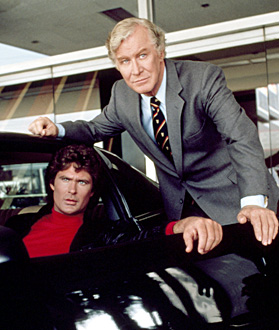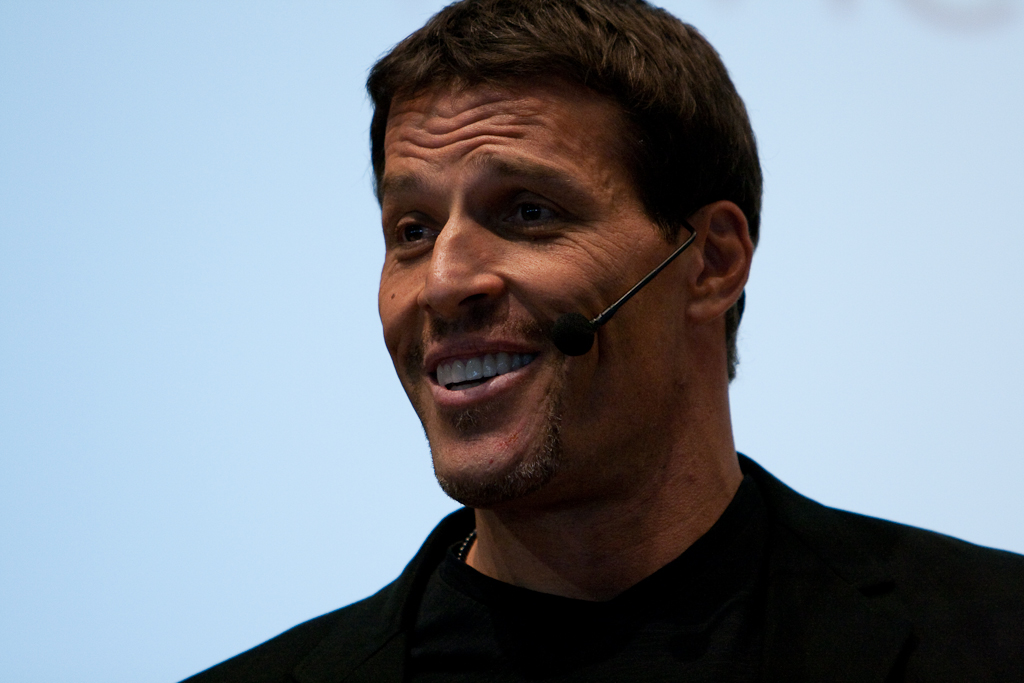
In this multicultural world there are more people who speak English as their second language than their first. A little accent helps add variety and celebrates different cultures. However, many speakers find that a very strong accent can impede understanding and their ability to work or do business. So how do you develop a natural English accent that works for you?
According to SpeechSchool.TV your accent is something that changes over time depending on how you develop and practice it when you speak English. An excellent example of this comes from the acting world, where many actors start out with regional accents but develop more standard or sometimes prestigious accents through working on different characters.
The late Edward Mulhare for instance was Irish but through developing his accent in different roles he gained a reputation (and a career) playing debonair and sophisticated Englishmen. In his role as Devon Miles in the highly successful TV series Knight Rider, his perfect English accent was rolled out in some 90 episodes.
Similarly Patrick Stewart, an actor originally from Yorkshire, managed to blend his native accent with Received Pronunciation through years of Shakespeare training. He later played Captain Jean Luc Picard in the Star Trek series.
For those wanting to change the direction of their accents, SpeechSchool.TV recommends blending local accents with Standard English to create a clear, refined and unique voice that can be understood anywhere in the world. One of the fastest ways to achieve this is to take a voice coaching course and then use the desired accent publicly wherever possible.
SpeechSchool.TV offers a Standard English accent course for this purpose and has found students who are able to combine practice of the exercises with the opportunity for public speaking are those most likely to develop their speech and voice successfully.


